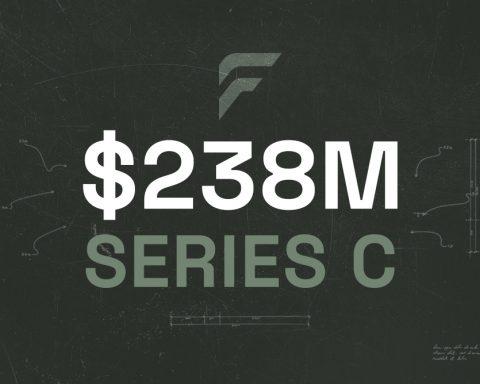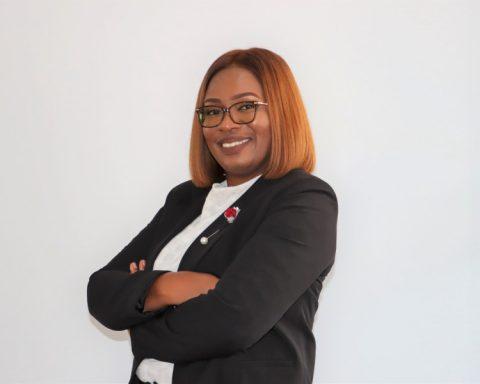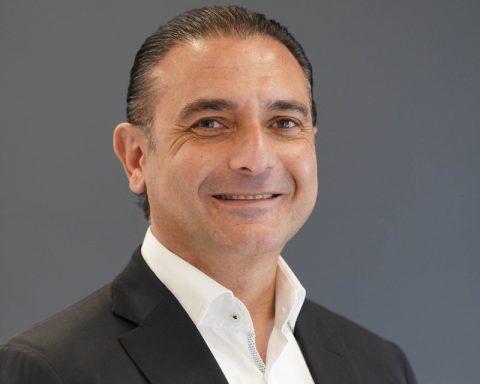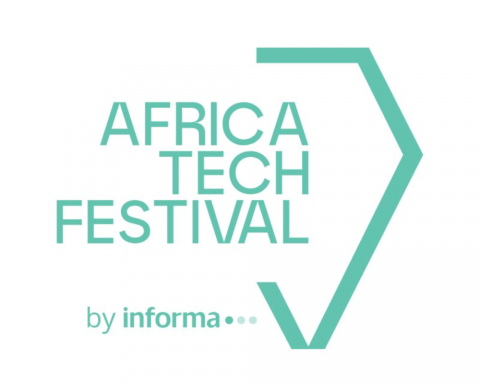Global energy major bp has reaffirmed its commitment to advancing women’s participation in Africa’s energy sector through its Greater Tortue Ahmeyim (GTA) gas project, a groundbreaking initiative located on the maritime border between Mauritania and Senegal. The company’s leadership underscored this commitment during a panel session at African Energy Week (AEW): Invest in African Energies 2025, hosted by the African Women Business Energy Network, under the theme “Energy Security in Africa: Why Women’s Participation in Africa’s Resource Governance Matters.”
Taelo Mojapelo, CEO of bp Southern Africa, highlighted how integrating women into the energy value chain is not just a matter of equity, but of sustainability and impact.
“Your customer base in many parts of the energy sector will be women, so ensure your supply chain reflects that reality,” Mojapelo said. “For example, in the GTA project we made sure to train women engineers because 65% of beneficiaries are women. This creates role models within the industry.”
The panel brought together leaders from across Africa’s public and private sectors to discuss tangible solutions for ensuring women play a central role in shaping the continent’s energy future.
Dr. Tina Unachukwu, CEO and Managing Director at One Titanium Tubulars Ltd., underscored the transformative power of education and representation.
“When you train a woman, you train a generation,” she said. “If a woman does not have a seat at the table, half of the African population is excluded. Women sitting at the table bring diversity of opinions.”
Echoing the importance of education, Stephanie Comardelle, Chief Experience Officer at S&P Global Commodity Insights, said,
“When I think of leadership, I think of resiliency. Education is critical in the energy sector to promote more women’s participation. The private sector and NGOs also have a big role to play in driving change.”
From a policy perspective, Adam Sow, Group CFO at Petroci Holding, pointed to government-led initiatives as essential tools for change.
“In Ivory Coast, we have a policy to promote gender parity in the workplace. Initiatives like this, alongside public campaigns, can foster real change. Ultimately, women suffer the most from lack of energy security.”
Adding to the discussion on financial inclusion, Marieme Sav Sow, Vice President for Engagement and Advocacy at TotalEnergies, emphasized the importance of intentional investment.
“We must dedicate a specific portion of budgets to women’s initiatives. It makes sense to engage with SMEs run by women,” she stated.
Sow concluded with a poignant reflection on women’s inherent strength and resourcefulness:
“Women are master strategists. I remember how skillful my mom was at stretching a dollar—there are millions of women doing the same. Imagine putting all that resourcefulness into an energy project.”
The dialogue reflected a growing consensus that women’s inclusion is not a symbolic gesture, but a strategic necessity for Africa’s energy transition. By championing female engineers and embedding gender equity into large-scale projects like GTA, bp and its partners are setting a new standard for inclusive energy development on the continent.














